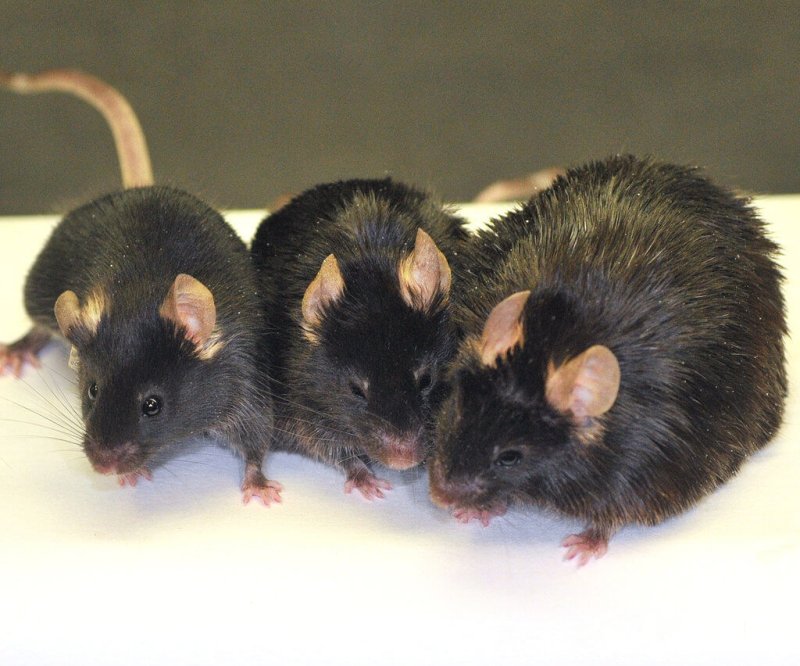Harvard synthetic biology pioneer George Church generated some buzz last year when he co-founded Rejuvenate Bio with the goal of reversing aging with gene therapy. Now, he and his co-founders say they have compelling early evidence in mice that they can use the technology to reverse multiple age-related diseases at once.
…
[T]hey used mice that were not genetically engineered but rather models of obesity, Type 2 diabetes, heart failure and kidney failure. They wanted to prove their hypothesis that giving the mice extra copies of the genes might confer similar health benefits. They found that some combinations did improve or reverse symptoms, they reported in the journal Proceedings of the National Academy of Sciences.The Harvard team discovered that a combination of FGF21 and sTGF2betaR could treat all four diseases. FGF21 administered on its own reversed weight gain and Type 2 diabetes, and, when it was combined with sTGF2betaR in mouse models of kidney failure, it lowered kidney atrophy by 75%.
…
“This research marks a milestone in being able to effectively treat the many diseases associated with aging, and perhaps could lead to a means of addressing aging itself,” Church said.
Read full, original post: Gene therapy to fend off aging? Buzzy Harvard startup Rejuvenate Bio says it works in mice































